LETSystems and Open Money
Contributors: Michael Linton, Open Money
Platoniq interviews Michael Linton (1)
1. LETSplay! In our experience with the Bank of Common Knowledge, collective games make for perfect setups to teach a particular idea. And although LETSplay is pretty different from today's computer-based games, it uses the game format as a vehicle to spread certain ideas and raise awareness about the user/player's own economic reality. Can you talk about your intentions with that particular strategy and your own perception of that format as a medium?
Early in our development and propagation of LETSystems, and ever since with community currencies (cc) and Open Money, we have found that people are very careful in the beginning, like youngsters opening up their first bank accounts.... Read more
Venture Communism
Contributors: Telekommunisten
Platoniq interviews Dmytri Kleiner, from Telekommunisten (1)
1. What are the origins of your project? When did it start? What were the main goals?
The Telekommunisten project was launched on May 1st, 2006, the main goals of the project to create a worker's collective to serve as the first "venture communist" company, putting into practice the results of my research in to alternative economics.
We want to launch a worker-owned company that provides internet and telephone service and earns enough to employ us, provide the financial basis for our political and artistic production as well.
We have had one product, Dialstation, in beta-testing all year, and May 1st, 2008, two years after we announced the project, we hope to start to building our user base and working towards... Read more
Redes de Trueque
Contributors: Heloisa Primavera
Platoniq entrevista a Heloisa Primavera (Argentina) (1)
1. Hace décadas que existen redes de trueque de distinta índole en varias partes del mundo, y muchas de ellas se han originado en países desarrollados y con una tasa de bienestar relativamente alta (Canadá, Estados Unidos...). Paralelamente, otras sociedades y países con una situación económica mucho más extrema también han dado lugar a manifestaciones de redes de trueque parecidas, como en el caso de Argentina que tan bien conoces. ¿Crees que un entorno de conflicto social y grave crisis económica (como el de Argentina a finales de los 90)da otra dimensión a estas redes de intercambio alternativo? ¿En qué se diferencia el desarrollo de estos fenómenos en ambos entornos?
Estoy sólo parcialmente de acuerdo con la... Read more
Informal Web-Based Education
Contributors: Sclipo
Platoniq interviews Gregor Gimmy, from Sclipo.com (1)
1. What are the origins of SCLIPO? When did it start? What were the main goals?
Sclipo started officially in Jan 2007. I launched a prototype in Nov 2006, which got great feedback from the internet community.
I had the idea, built the first prototype and wrote the business plan. I have been involved over many years in internet and education / knowledge management. E.g., I founded a web-company in San Francisco in 1999 which helped Biotech researchers share knowledge. With the emergence of internet video, I saw that knowledge exchange via web will change the way we learn. It will not substitute today's "physical, off-line" learning, but... Read more
MobilEDUCATION
Contributors: Teemu Leinonen
Platoniq interviews Teemu Leinonen (1)
1. M-learning-related projects such as MobilED, ShareIdeas and others are operating in pretty much uncharted territory, as the present of mobile communication technologies evolves every few weeks/months. Have you conducted any previous studies on similar enterprises before starting your project or do you prefer to focus on this particular reality?
In our research practice we have several stages.These are: contextual inquiry, participatory design, product design and implementation of software and/or social/technological system as hypothesis. The process is iterative and we understand that in the later stages of the process we always gain more understanding of the topics and activities central in the earlier stages.
During the contextual inquiry we... Read more

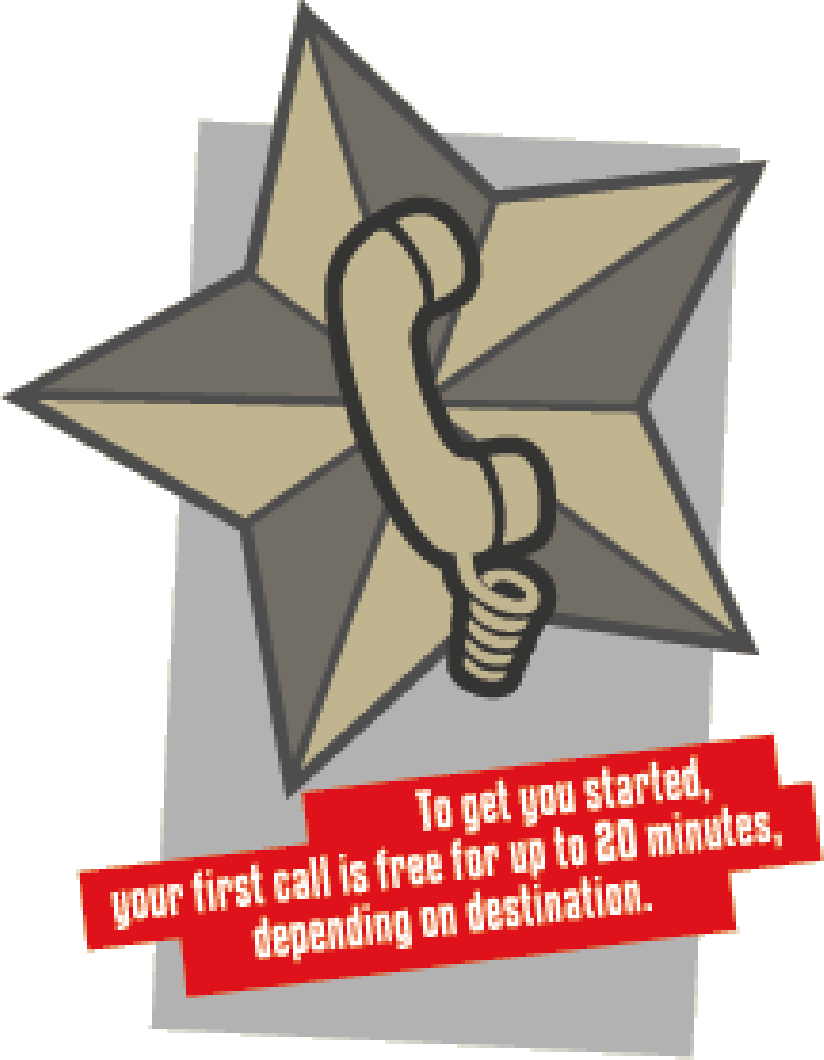
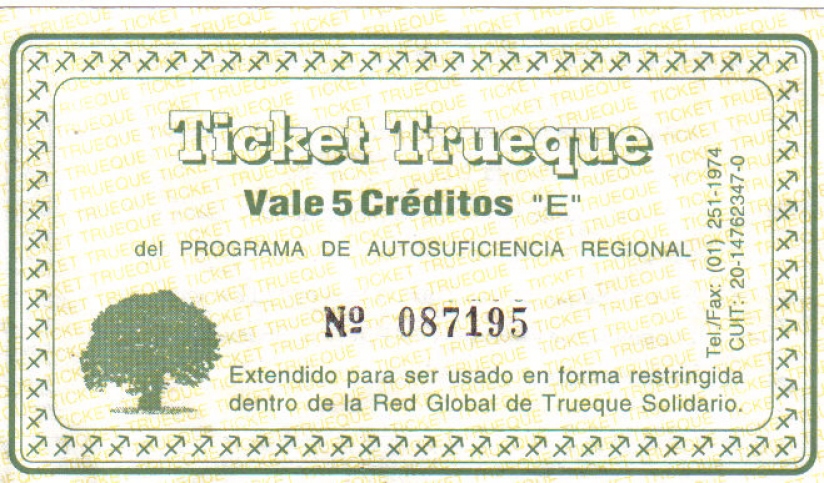
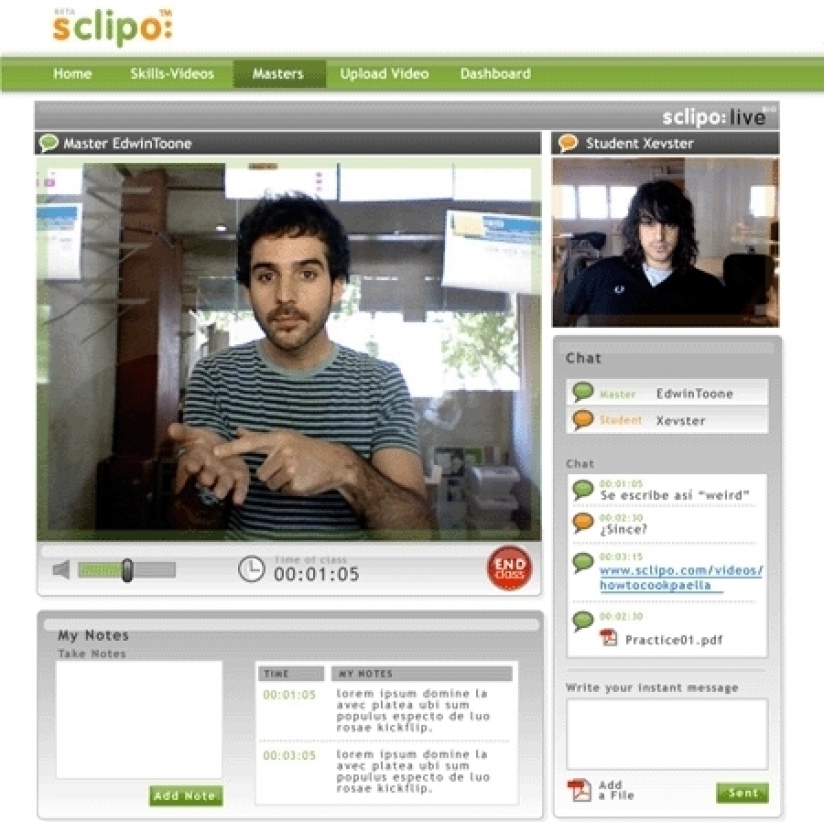
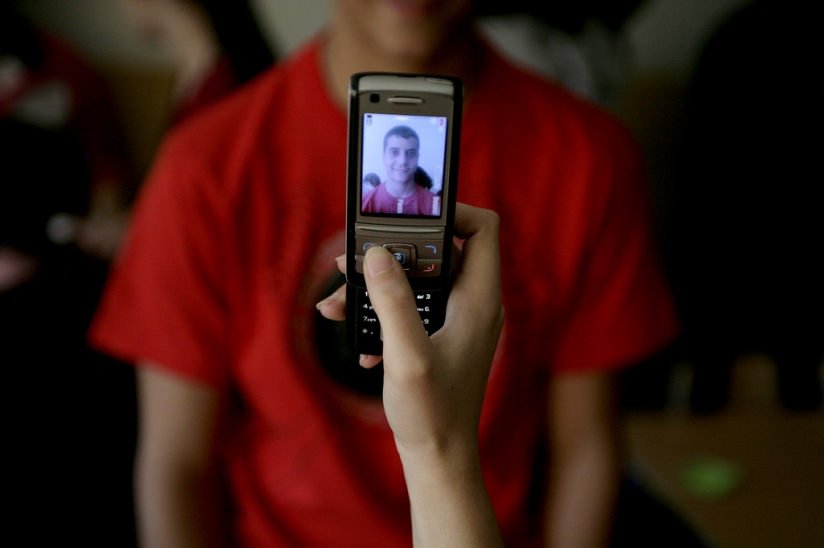

 VIDEO
VIDEO IMAGE
IMAGE IMAGE
IMAGE IMAGE
IMAGE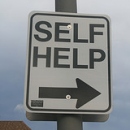 IMAGE
IMAGE